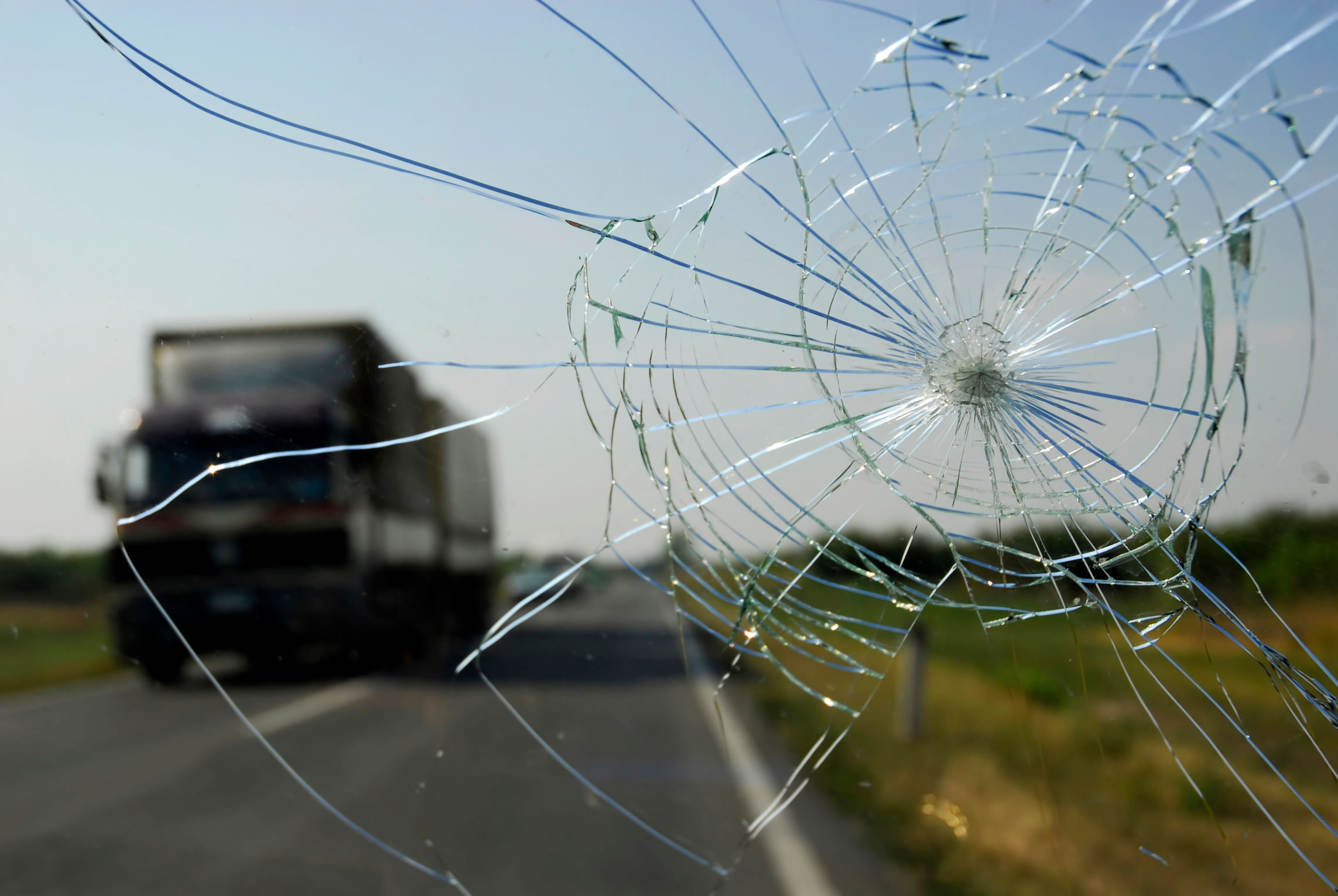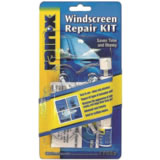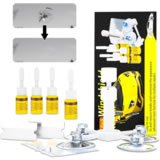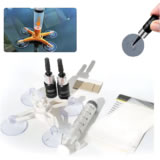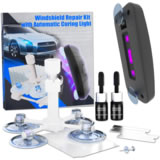California Cracked Windshield Laws
Different states have different laws regarding cracked windshields. A damaged windshield on your car can lead to all kinds of hazardous situations. California traffic laws do not permit driving with a damaged windshield. Further clarification of the law is available below!
Is driving with a cracked windshield legal in California?
State of California does not permit you to drive a vehicle if driver’s vision is impaired. Cracked front or back windshield can get you a citation regardless of crack size or position.
The following is from California’s Vehicle Code (VC) Section 26710: Defective Windshields and Rear Windows:
Defective Windshields and Rear Windows
26710. It is unlawful to operate any motor vehicle upon a highway when the windshield or rear window is in such a defective condition as to impair the driver’s vision either to the front or rear.
In the event any windshield or rear window fails to comply with this code the officer making the inspection shall direct the driver to make the windshield and rear window conform to the requirements of this code within 48 hours. The officer may also arrest the driver and give him notice to appear and further require the driver or the owner of the vehicle to produce in court satisfactory evidence that the windshield or rear window has been made to conform to the requirements of this code.
The law doesn’t exactly specify what constitutes “impaired driver’s vision”. However, driving a car with a cracked windshield in California will almost certainly result in a ticket if you’re pulled over.
What vehicles does this apply to?
This law affects all public and private motor vehicles. Additionally, all passenger vehicles including trucks, buses, truck tractors, fire trucks, fire engines, or other fire apparatus, and husbandry implements are required to follow the dictates of Section 26710.
Exceptions
These laws however do not apply to any vehicles with issued identification plates pursuant to Section 5004. According to this section, if your vehicle did not require a windshield at the time when it was first sold or registered (in California or any other state), it is exempt from the cracked windshield laws.
Windshield repair or replace?
Depending on the extent of the damage on your car’s windshield you may be able to repair it, or otherwise completely replace it.
You should be able to repair your windshield in case the crack is less than 3″ in length, or if you have a small chip which is smaller than the size of a quarter. Windshield repairs cost less than full replacement. If you have road hazard coverage your insurance company may even cover your repair bill, but you should consult with them first to see if they do.
If your windshield is cracked directly in front of the driver’s line of sight some shops may decline repairing it. Repaired windshields can obstruct your vision and cause safety concerns. If your windshield is too damaged you may have to replace it completely, which can cost a few hundred dollars.
A DIY window repair kit is an inexpensive way to fix small cracks in windshields. However, our recommendation is to leave windshield repair to professionals.
Cracked windshield safety concerns
Impaired vision is not the only reason why you should repair or replace your broken or damaged car windshield. An undamaged windshield is stronger and in case of an accident can prevent further injuries.
In a rollover wreck, the strength of the windshield/sealant system is designed to keep the roof from crushing more than 5 inches when there is a force of approx 1-1/2 times the weight of the vehicle on the roof. In a front end collision at approximately 30mph, the windshield/sealant system is designed to keep at least 50% of the glass sealed to the car which could keep occupants from being ejected.
While you can drive with a cracked windshield and may avoid a ticket from police, it’s certainly not advisable. Having a cracked windshield is not only dangerous, but in California it is also illegal.
Source: California VC Division 12 (Equipment of Vehicles) Chapter 4 (Windshields and Mirrors), Section 26710: Defective Windshields and Rear Windows
